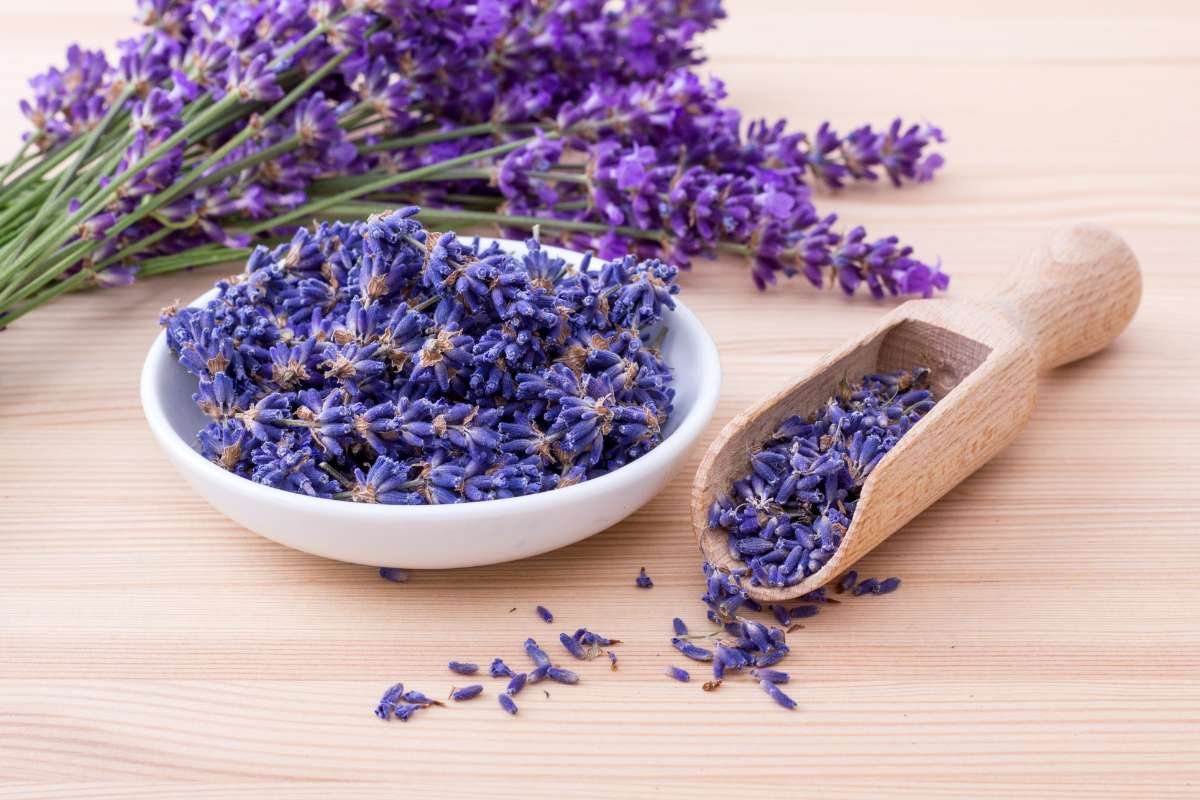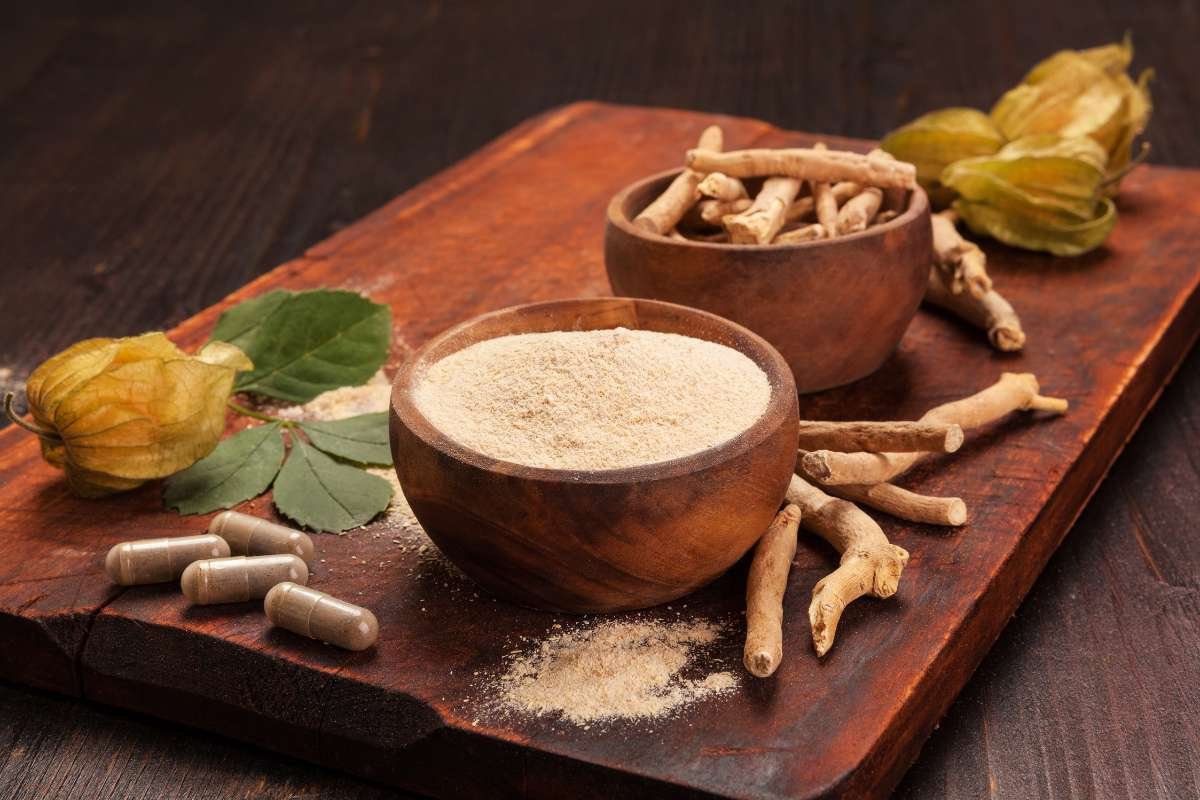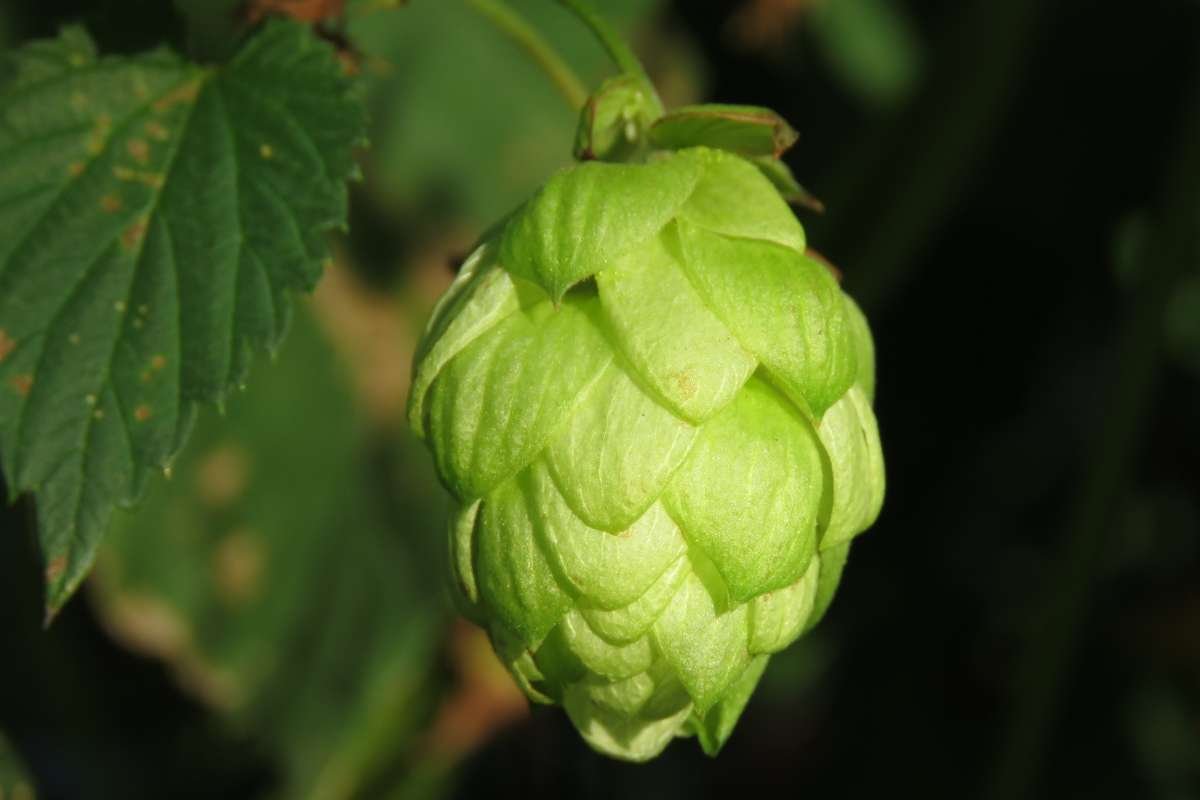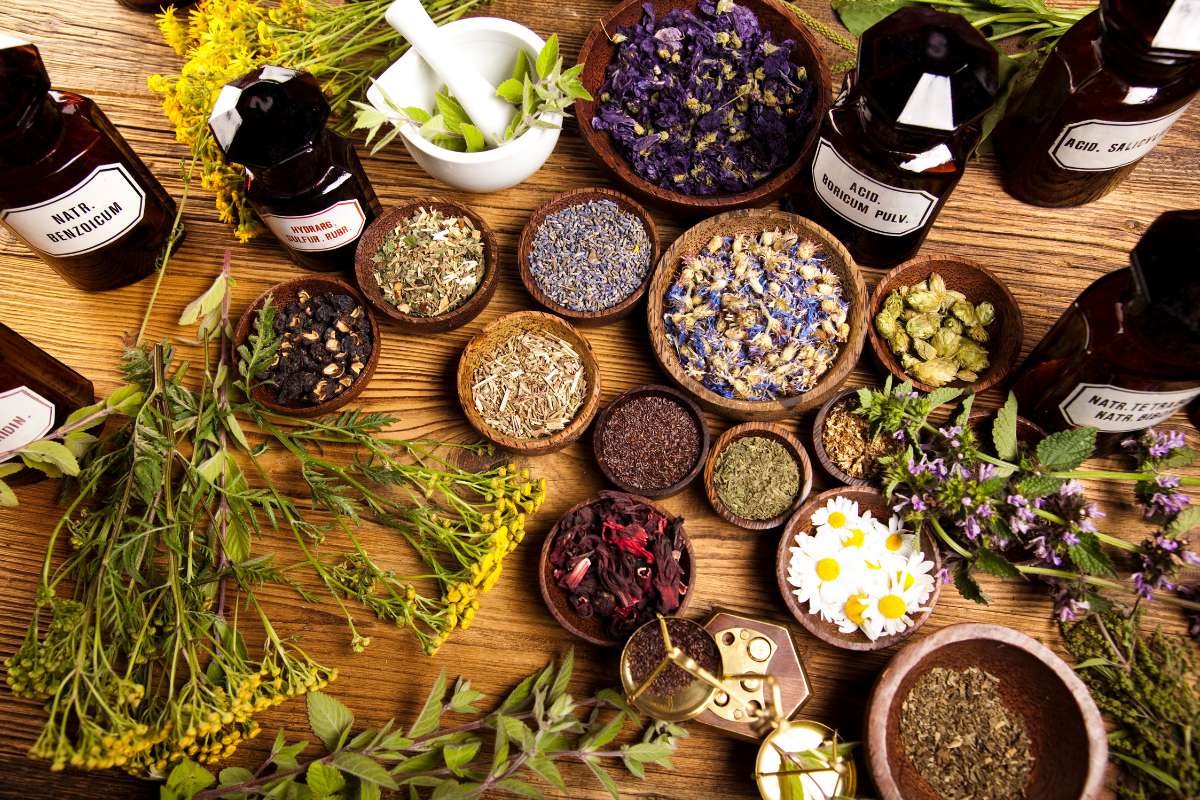Ever stared at the ceiling at 2 a.m., counting sheep like it’s a full-time job? Yeah, me too. Insomnia isn’t just annoying, it’s a full-blown energy thief. But what if you could outsmart it with simple plants? No, not magic leaves, just natural stuff your grandma probably brewed in a kettle. Welcome to the green world of herbal remedies for insomnia, where nature tucks you in!
Why Sleep Matters More Than You Think?
Sleep isn’t just for rest. It powers your brain, repairs your body, and helps your mood. Without good sleep, your mind turns foggy, your patience runs thin, and your coffee intake goes sky-high. That’s why insomnia isn’t just a nuisance; it’s a health issue.
People often turn to pills, but those come with risks like grogginess and even dependence. The good news? You don’t always need a prescription. Nature offers its gentle sleep aids, and they’ve been used for centuries. These herbal remedies for insomnia are safe, non-habit forming, and surprisingly effective.
1. Chamomile – The Bedtime Buddy
Chamomile tea is more than a cozy bedtime ritual. It contains apigenin, a compound that binds to brain receptors to reduce anxiety and promote sleep.
- How to use:
- Brew one bag of chamomile tea in hot water
- Drink it 30 minutes before bed.
- No sugar needed, just warm comfort
- This flower doesn’t just smell nice, it tells your nervous system, “Relax, it’s bedtime.”
2. Valerian Root – Nature’s Sleeping Pill
Valerian root has been a trusted herb for sleep since ancient Rome. It calms the brain and helps increase GABA levels, which quiet the nervous system.
- Best taken as:
- Capsule (400-900 mg before sleep)
- Tea (though it’s got a strong smell)
- Valerian may not win any fragrance awards, but its sedative effects are real and proven.
Similar Articles:
3. Lavender – More Than a Pretty Scent

Lavender isn’t just for spa days or bath bombs. Inhaling lavender oil or drinking lavender tea can reduce stress and help you drift into peaceful sleep.
- How to use:
- Add a few drops of lavender oil to your pillow
- Use a diffuser with lavender oil before sleep.
- Try lavender herbal tea.
- Research shows lavender can reduce heart rate and blood pressure, setting the perfect scene for sleep.
4. Passionflower – Calm in a Cup
This exotic-sounding flower isn’t just beautiful, it’s powerful. Passionflower helps calm the mind and boosts levels of calming neurotransmitters.
- Try it as:
- Herbal tea
- Liquid extract
- Capsule supplement
- This herb works especially well for people whose insomnia is fueled by anxiety and racing thoughts.
5. Lemon Balm – Gentle Sleep Enhancer
Lemon balm is a member of the mint family and works wonders for people who have trouble winding down. It helps with mood, relaxation, and gentle sedation.
- Use it as:
- Tea
- Tincture (liquid drops)
- Add to bathwater with Epsom salt.
- It’s mild, making it a good starting point if you’re new to herbal remedies for insomnia.
6. Ashwagandha – The Stress Crusher

Ashwagandha is an adaptogen, which means it helps your body deal with stress better. Less stress = better sleep.
- Common forms:
- Capsules or powder with milk at night
- Liquid extract
- Some studies show ashwagandha can reduce cortisol (stress hormone) and improve overall sleep quality.
7. Magnolia Bark – Ancient Sleep Secret
Used in traditional Chinese medicine, magnolia bark has honokiol, a compound shown to reduce the time it takes to fall asleep and improve REM cycles.
- How to use:
- Supplements
- Liquid extract
- It’s lesser known but effective, and pairs well with other herbal remedies for insomnia.
Similar Articles:
- Glow Naturally: Ashwagandha Benefits for Skin and the Secret to Radiance
- Best Teas for Anxiety: Natural Remedies for a Calmer Mind
- Best Ayurvedic Plants: Nature’s Timeless Healers
8. Hops – Not Just for Beer

Surprised? Hops, the same flower used in brewing beer, have calming properties. It’s often combined with valerian in natural sleep aids.
- How to use:
- Herbal tea
- Sleep supplements
- Used alone or in a blend, hops can reduce restlessness and make you feel drowsy naturally.
Tips for Using Herbal Remedies for Insomnia Safely:
- Always check with a healthcare provider, especially if you’re on medication
- Start with small doses to check for side effects.
- Stick to one herb at a time before trying combinations.
- Avoid alcohol when using herbs for sleep.
- Choose high-quality organic herbs from trusted brands
When used correctly, herbal remedies for insomnia can help you fall asleep faster and wake up feeling human again, not like a zombie in pajamas.
The Science behind the Calm
- Many of these herbs influence GABA, gamma-aminobutyric acid, a neurotransmitter that slows down brain activity and encourages sleep. Unlike strong sleep medications, these herbs work more gently, improving sleep quality without next-day fogginess.
- Better Sleep is Just a Sip Away
Conclusion
If counting sheep feels like cardio, it’s time to let nature do the work. These herbal remedies for insomnia don’t come with side effects, just sweet dreams and calm nights. So grab a mug, inhale the calm, and let your pillow be your best friend again. Sleep isn’t a luxury, it’s a right. And now, you’ve got the herbs to prove it.







